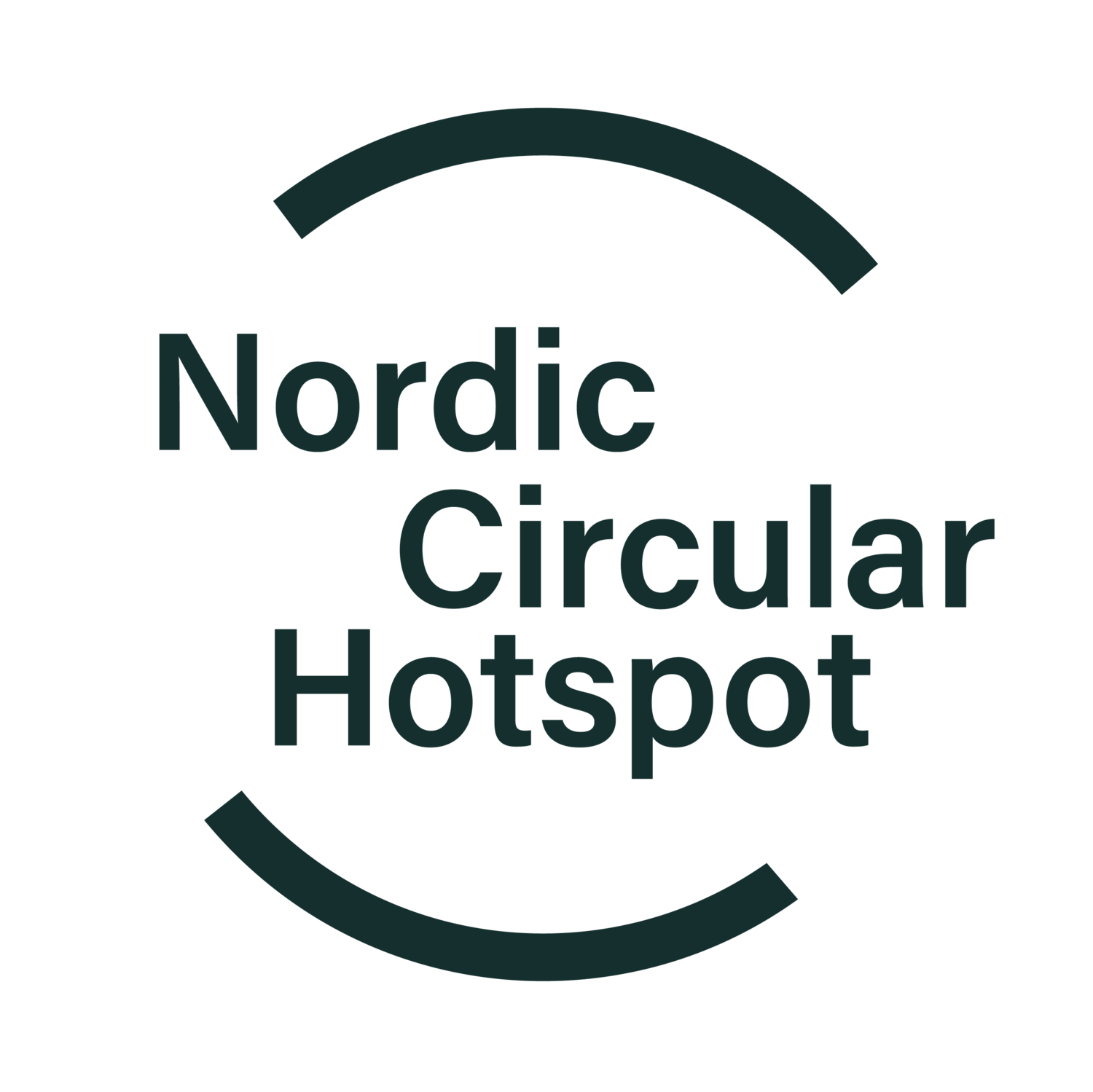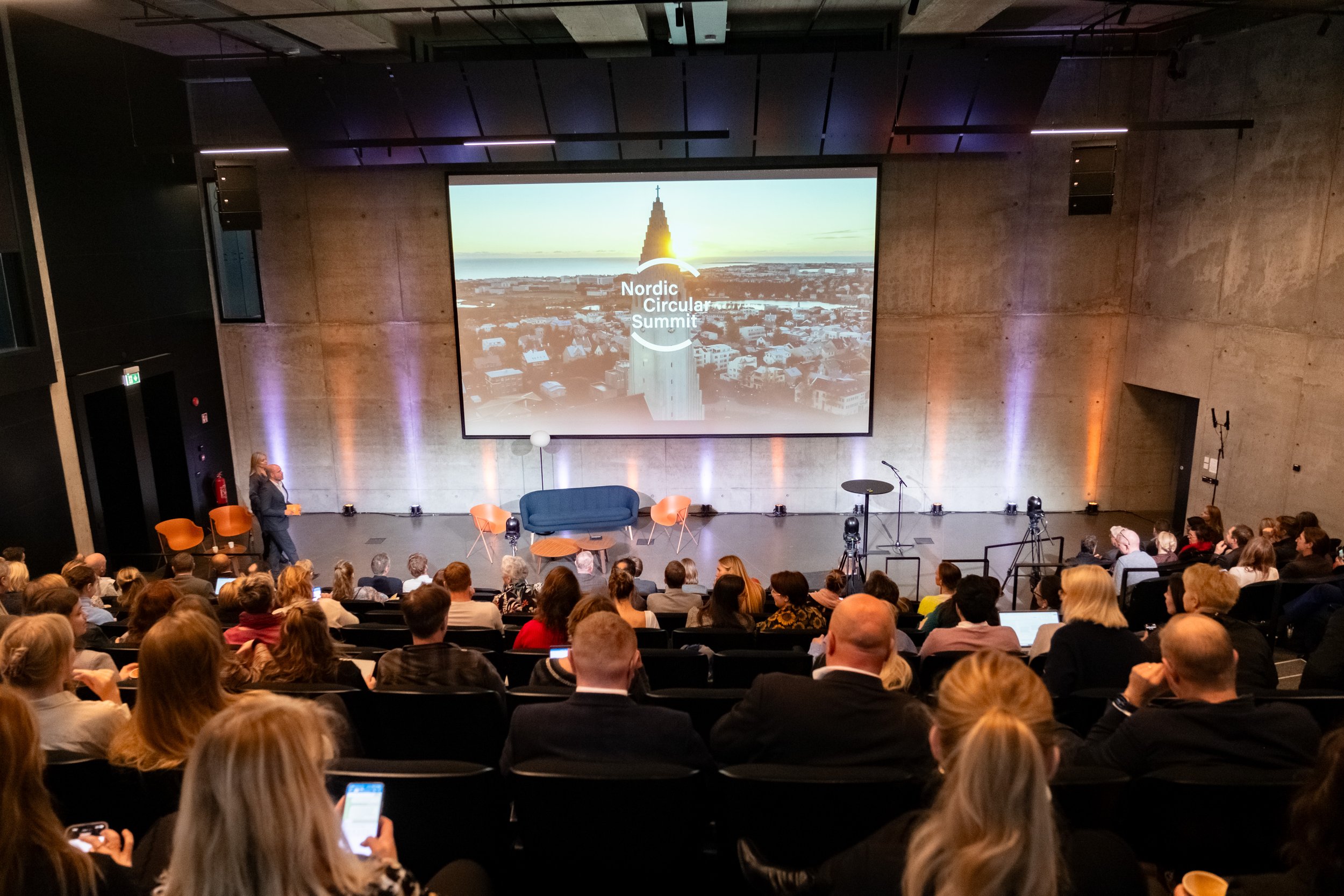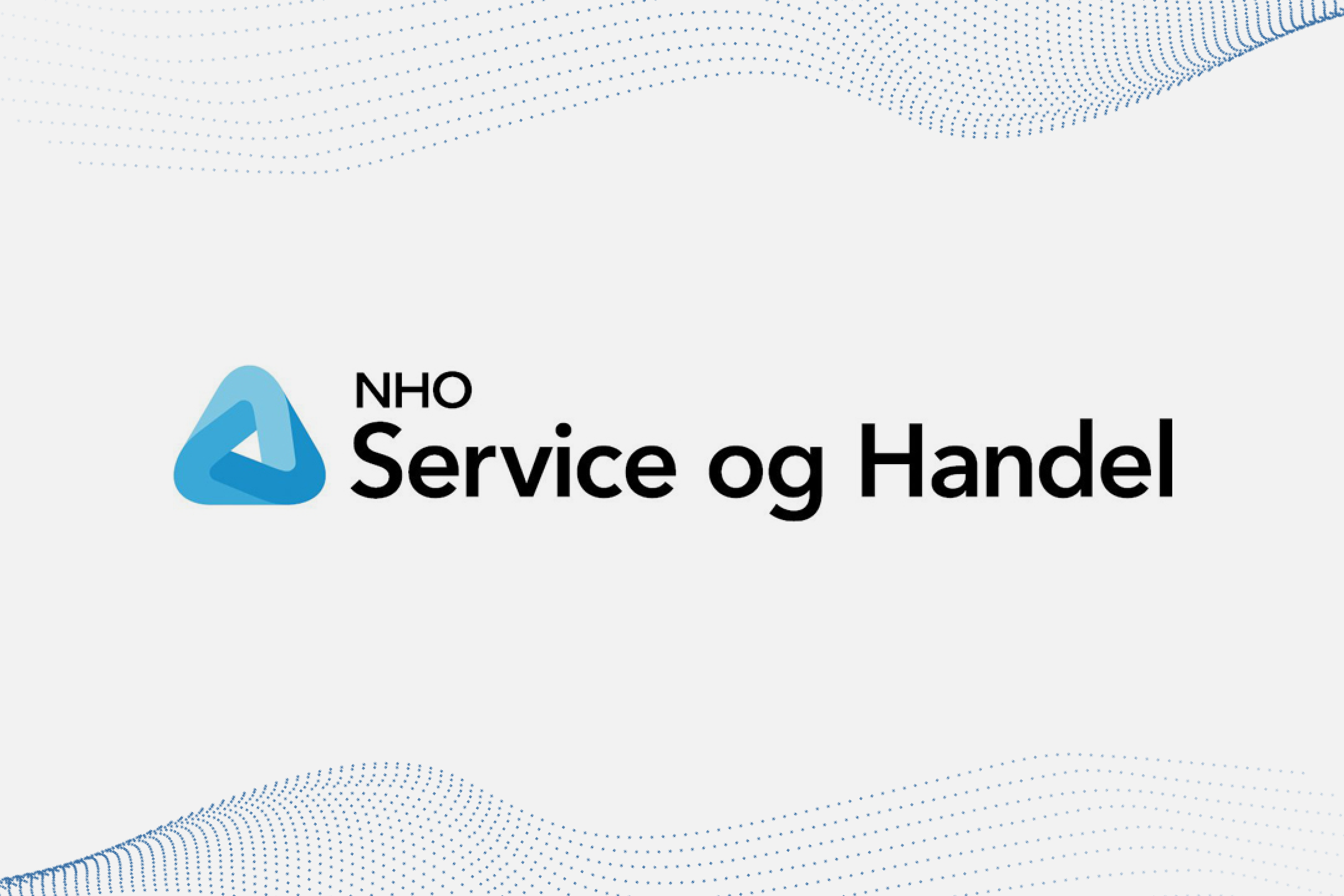Mind over matter: embracing human factors in the circular economy
In an era where global challenges demand innovative solutions, the Nordic Circular Summit 2023 in Reykjavik brought together visionaries, sustainability leaders and the business community to consider the human factors at the heart of the circular economy. This article explores the insights shared by speakers and arising from conversations with the audience and the CE community at large, shedding light on the crucial role of human elements in the transition to a circular economy.
Message from the founder of Arctic Circle was clear
Ólafur Ragnar Grímsson, former president of Iceland and founder of the Arctic Circle, set the tone by sharing profound insights on the necessity of a new model of global collaboration. His message resonated with the Summit's focus on human factors, challenging Nordic countries to move beyond their comfort zones and actively participate as change-makers on a global scale. Grímsson's call to include in the circular economy transition those without power, and often most impacted by global issues, underscored the need for inclusive strategies, where the human factors become a catalyst for change.
Cities as hubs of circular innovation
Dagur B. Eggertsson, the Mayor of Reykjavík, set to explore the potential of cities as models for circular economies. He highlighted the intricate networks and dynamic populations of urban areas, emphasising the need for open discussions and collaborations. Eggertsson underscored the transformative power of cities, urging attendees to “remember that cities are not only places for problems but also places for solutions." According to the World Bank, around 56% of the world’s population lives in cities — with the urban population set to rise to almost 70% by 2050 — making cities the epicentres of our collective future.
Transformative consumption and the continuous journey of sustainability
Kari Herlevi, representing the Finnish Innovation Fund Sitra, delved into the transformative nature of consumption, suggesting that sustainability is an ongoing, adaptive process. He explored human motivations in driving continuous improvement and innovation in sustainability practices. Understanding the diverse reasons behind sustainable decisions and actions can enable us to design systems, products and services that are both sustainable and scalable, reinforcing the need to comprehend the bigger picture for effective change. Herlevi noted that "change must be better than what we have at the moment for it to happen," bringing us to the core of the problem and balance between competing motivations, such as sustainability and everyday convenience.
Reconnecting with nature for a sustainable future
Hrund Gunnsteinsdóttir addressed the challenges humanity faces in meeting planetary boundaries. Her focus on the disconnection between people and nature underscored the human factors involved in the pursuit of a sustainable future. Gunnsteinsdóttir advocated for reconnecting with the natural world, stressing the interconnectedness of all aspects of life. The imperative role of hope in addressing critical global issues and the impact of mental distress on environmental efforts were thought-provoking aspects of her discourse. She pointed out that "we need hope as over 70% of young people are missing hope in the face of the climate crisis." She also reminded us about the powerful and restorative force of awe, which we often find from the natural world, and how frequently opening ourselves to this feeling can also strengthen our capacities for compassion and creativity. Both of which we need to find the innovative solutions needed to overcome global social and environmental challenges.
Systemic changes and the significance of "how"
Amit Paul's perspective on sustainability went beyond the 'what' and highlighted the significance of 'how' things are done. His emphasis on systemic changes underscored the role of both personal and broader shifts in achieving meaningful sustainability goals. In essence, Paul urged the audience to consider the human factors influencing the processes that drive sustainability initiatives, pointing out that "there is no one problem. It’s more like a pickle with multiple symptoms and signs of underlying problems — an inter-related crisis." We know what is needed in terms of making change happen — but for us to find a way to the ‘how’, we need a mindshift that fundamentally alters how we approach these issues — and their solutions.
Curiosity, collaboration and openness
One of this year’s aims at the Summit was to facilitate even more exchange of ideas through panel discussions. These conversations and the ideas that arose from them reinforced the themes of curiosity, collaboration, and openness in advancing sustainability and circular economy initiatives. As these terms echoed throughout the discussions, the human factors emerged as a common thread binding the collective efforts needed to overcome challenges in the journey towards a circular future. The power of openness to new ideas and the strength of collaboration were highlighted as key drivers for transformative change.
Unpacking the circular transition
Leyla Acaroglu, CEO and founder of The UnSchool and Swivel Skills, brought a unique perspective to the discussion, emphasising the need for a mindshift in societal values. Her exploration of the challenges within a Eurocentric economy highlighted the tension between economic growth and environmental sustainability. Throughout her speech, she considers human factors influencing decision-making processes and cognitive biases. Acaroglu's call for a deep understanding of each problem and the importance of measuring impact beyond economic parameters added depth to the Summit's overarching narrative, as did her powerful call to action to not "create tomorrow’s problems with today’s solutions."
Unlearning and the path forward
The final panel brought forth crucial insights on what needs to be unlearned for an inclusive circular transition. Themes such as mismanagement of nature, the value of indigenous practices, and the challenge of sustainable living in urban environments resonated with the summit's core focus on human factors. The discussions underscored the need to embrace indigenous wisdom and integrate it into contemporary practices to foster a more sustainable and circular future because we are now at a point where Ugnė Budriūnaitė, representing the youth climate organisation Regeneration 2030, pointed out: "I don't remember a world where there was no climate crisis."
The Nordic Circular Summit 2023 not only provided a platform for thought-provoking discussions on sustainability but also showcased the pivotal role of human factors in shaping a circular future. From the challenges faced by cities to the importance of reconnecting with nature, the insights shared by speakers underscored the urgency of collaborative, systemic, and mindful approaches. As the Summit unfolded, the interconnectedness of human factors and the circular economy emerged as a powerful narrative, offering an alternative view to the path towards a more sustainable and equitable world.
In a landscape where human factors are both the challenge and the solution, the Nordic Circular Summit 2023 served as a catalyst for conversation, inspiring individuals and communities to actively participate in the collective journey towards a circular and sustainable future. And reminding us that, at the end of the day, it is us humans who are most impacted by the issues a circular economy sets to solve. Equally, it is we who have the power, and the responsibility, to fix what we have broken.
—
Nordic Circular Summit is the biggest annual conference on circular economy in the Nordics. It is co-hosted by Nordic Circular Hotspot and Nordic Innovation and is an official World Circular Economy Forum Side Event. The annual Summit invites an international audience of policymakers and business representatives to explore the tremendous circular opportunities of the Nordic region.
This article brings you insights from the NCS2023 main session ‘Human factors of the circular economy’. You can watch the full session here.

















